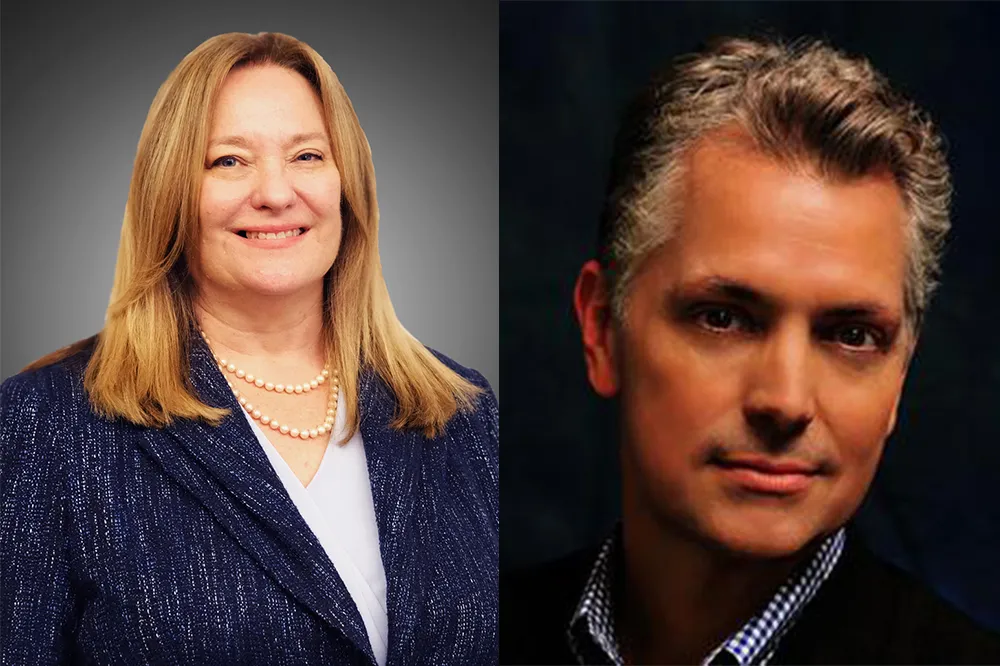December 16, 2024

The Equitable Arts Infrastructure Research Group, co-led by UT Austin Department of Theatre and Dance Professor Charlotte Canning and Associate Professor Paul Bonin-Rodriguez and Duke University Associate Professor of the Practice Sarah Wilbur, recently received a National Endowment for the Humanities (N.E.H.) grant to support a national symposium focused on the enduring challenge of cultural, economic and racial equity in the nation’s performing arts sector. The grant also will support the creation of the Arts in Context: Critical Performance Infrastructures anthology series published by UT Press that addresses gaps in understanding about how performing artists in the United States work.
The coronavirus pandemic devastated the performing arts sector in 2020, and the recovery of cultural economies since 2021 has been uneven at best as global economic recessions and pandemic restrictions on physical gathering continue to thwart opportunities for arts professionals. The Equitable Arts Infrastructure Research Group is a consortium of nine humanities scholars from seven universities that has been meeting since 2021 to reassess cultural labor issues and policy literature in the performing arts sector.
While the last 20 years of arts policy advancements have resulted in many studies focused on the productivity of arts work and its contributions to society, less attention has been given to the stories that tell how and by what terms the United States came to our current structure. At the planned symposium in spring 2025, the research group will explore new approaches to resource distribution, access to capital and support for a more inclusive range of performances through humanities-based research, analysis and interpretation.
“The Equitable Arts Infrastructure Research Group believes that defining, theorizing and historicizing new methods and approaches to an equitable performing arts infrastructure through dialog and publication will offer new ways for the performing arts in the U.S. to thrive,” Canning said. “While such ambitious and long-term goals cannot be achieved quickly, we believe that infrastructure change requires intentional and long-term collaboration between humanities scholars who want to bring their methods and knowledge to bear on the questions of equitable performing arts infrastructure and cultural professionals who are willing to invest in the deep knowledge and approaches the humanities have to offer.”
The convening will bring together scholars in economic history, labor studies and arts funding and production to explore research questions such as: Why does cultural infrastructure in the United States work the way it does? How can resources be mobilized to support the full flourishing of diverse cultural practices? The convening will engage historical and theoretical research with the experiences of cultural professionals to understand arts labor, markets and organizations in the United States and will take a historical approach to addressing arts labor in the United States to explore current infrastructure models that invite some cultural professionals while leaving others behind. The symposium is free and open to the public and will be livestreamed on Howlround Theatre Commons.
“We’re grateful to the N.E.H. for their support for this project,” said Bonin-Rodriguez. “We hope that by sharing our collective research, generating dialogue and making our work widely accessible, we can strengthen and increase national investment in humanities-based investigations into and conversations around performing arts infrastructure.”

